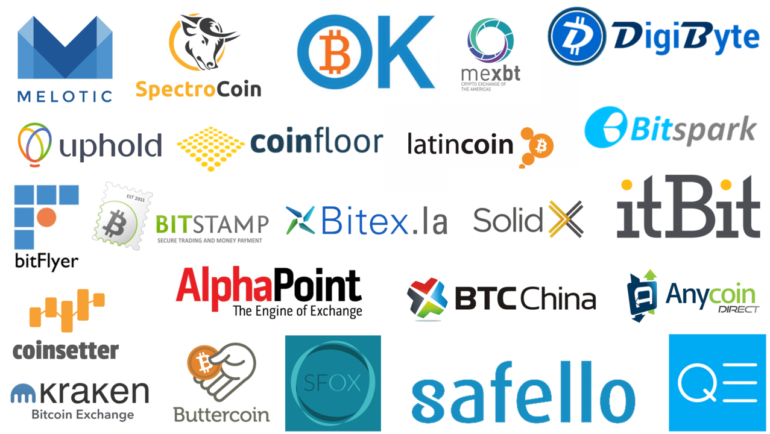
Registration now mandatory for South Africa’s Crypto Firms to avoid fines.
In 2022, South Africa’s Financial Sector Conduct Authority established that cryptocurrency financial companies in South Africa would need to apply for a license between June 1 and November 20, 2023.
The license allows these crypto firms to operate legally within the framework of operation provided by South Africa’s FSCA. Following the mayhem rooted at the heart of several crypto scandals, leaving many unprotected users with anguishing regrets, major global regulators resolved to establish regulations that would protect customers from crypto’s ruckus. South Africa’s Financial Sector Conduct Authority is one of the regulators hellbent on establishing these workable regulations.
Regarding the policy floated in 2022, it has released information stating that crypto companies looking to operate in South Africa must apply for a license in the six months starting June 1. While a good number of South African crypto firms have embraced the new licensing proposition with wide arms, there are lingering worries that the fine placed on those that do not register within the fixed time frame might crumble smaller companies or fend off firms that have plans to launch into the market after the deadline passes.
According to Chainalaysis’ global adoption index last year, South Africa ranked 30 behind other African countries like Nigeria and Kenya regarding crypto adoption. However, like others elsewhere, regulators in the country have been putting so much energy into supervising the sector, which reached $3 trillion in global market capitalization in 2021 before surprisingly biting the dust in 2022.
South Africa’s FSCA proposed in November 2020 that cryptocurrency be considered a financial product and that enterprises delivering crypto-related services apply for a license. Following a consultation on the proposed legislation, the FSCA announced the final declaration on the licensing requirement on October 19, 2022.
“This is an extremely positive step for both the crypto industry and South Africans,” said Nick Taylor, head of public policy at Luno for Europe, Middle East, and Africa. Luno, like CoinDesk, is owned by the Digital Currency Group.
“The licensing requirements that will flow from the FSCA’s classification will drive up standards, protect consumers, and give businesses the certainty to invest, innovate and create jobs,” Taylor added.
The policy is being put in place to protect consumers, which is critical, according to Mpumelelo Ndamane, CEO of South African crypto wallet service Nuud Money. Rather than enforcing the rule immediately after the proclamation, South African regulators selected June 1 as the start date for obtaining clearance. Firms seeking registration within the specified six-month period will be permitted to continue functioning while authorities decide to approve them.
To continue functioning, firms must demonstrate compliance with the country’s financial service provider norms, which include requirements that enterprises act with honesty and diligence and furnish the FSCA with requested information.
However, according to the declaration, crypto derivatives service providers do not qualify for the exemption, which permits businesses to continue functioning while applications are processed.
The fine to be paid by South African crypto companies
It is not yet apparent how much crypto enterprises must pay to register with the FSCA. However, application fees typically range from 2,544 South African rands ($132) to 46,251 ($2,395), depending on the category firms fall under.
Crypto companies are likely to fall into category one, which has the lowest charge and is for companies that do not fit into the other categories. However, if applicants fall into numerous categories, they may need to submit multiple applications, according to Meiran Shtibel, associate general counsel at crypto custody platform Fireblocks.
The cost of failing to apply is substantially higher. Suppose crypto firms fail to register but continue to operate after the November deadline. In that case, they might face a punishment of 10 million South African rands ($510,000), up to ten years in prison, or both, according to the announcement.
Nuud Money is raising a seed round of $350,000, and a $510,000 fine would be impossible to pay, according to Ndamane.
A sentence of 10 million South African rands may be a slap on the wrist for other capital-rich financial industries. Still, for a nascent industry like crypto in a developing economy, such a sanction could “sink the entire operation,” according to Shadrack Kubyane, co-founder of South Africa-based blockchain company Coronet.


